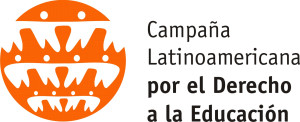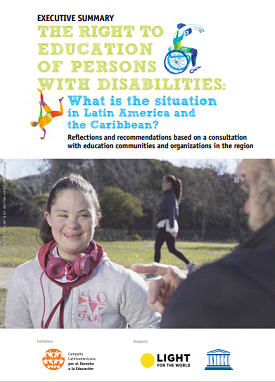
The right to education of persons with disabilities: What is the situation in Latin America and the Caribbean? (Executive Summary)
April 29, 2020The document was prepared by CLADE, with the support of UNESCO’s Regional Office for Latin America and the Caribbean and Light for the World International, as a contribution to the regional monitoring and implementation of the UN’s Convention on the Rights of People with Disabilities’ Article 24. As part of the research process, an online consultation was promoted, with 216 responses from civil society organizations, universities, teachers, students and relatives of persons with disabilities from 19 countries in the region.
Descargar
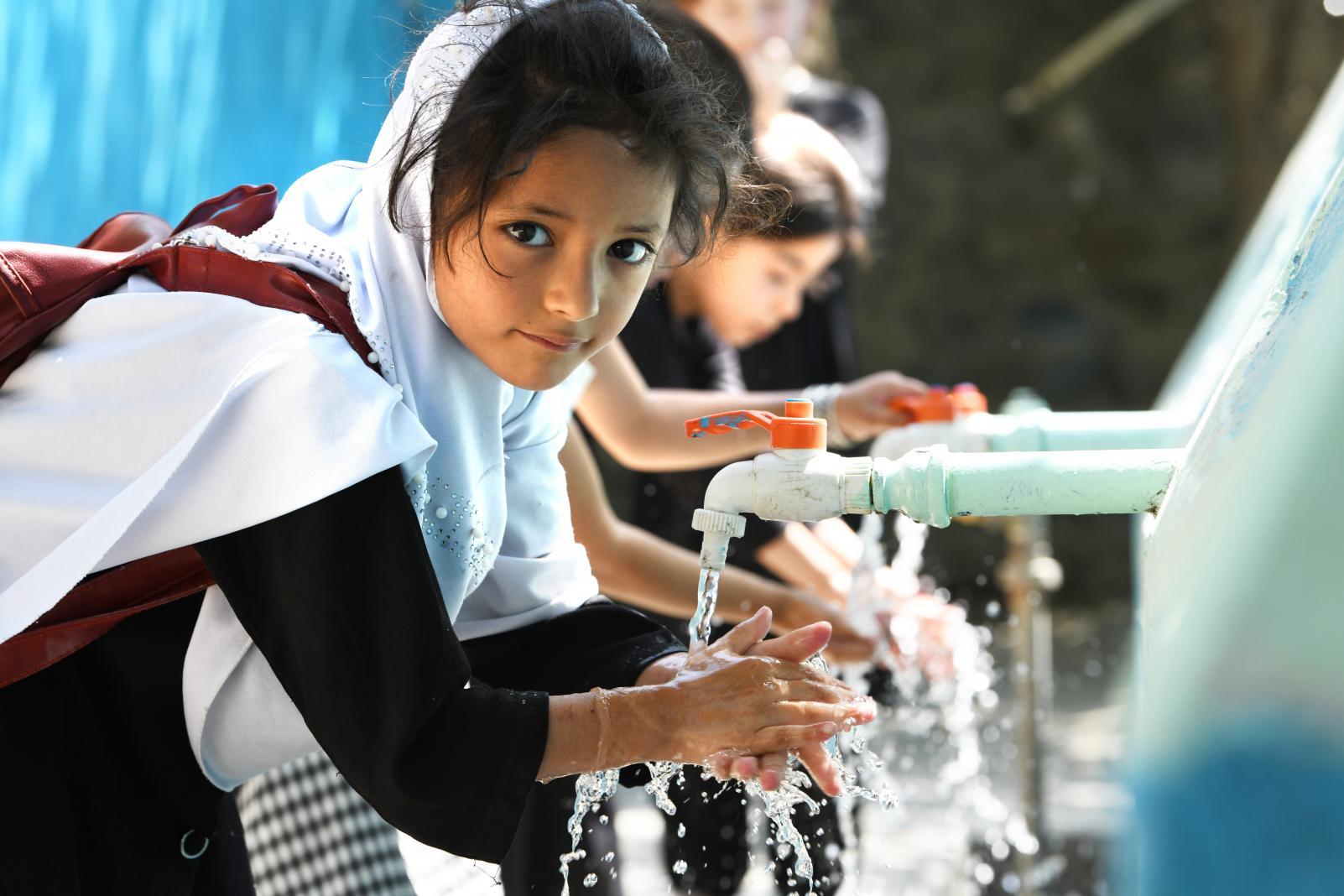
COVID-19: CLADE considers that solidarity and adequate funding for the rights to education, health, and social protection are key to overcome the crisis
March 25, 2020Considering the widespread crisis and state of emergency across the world due to the COVID-19 pandemia, CLADE acknowledges and appreciates the life and health prevention and care recommendations made by the World Health Organization. We would like to express our solidarity with families that have lost their loved ones due to the virus, as well as survivors and sick people. Likewise, we would like to congratulate CLADE members, as well as so many human rights organizations and movements across Latin America and the Caribbean, for promoting several initiatives to ensure the protection of education communities and their human rights. We would like to express our heartfelt thanks to health workers, as well as workers in other key areas who put their lives at risk to provide essential services. (more…)
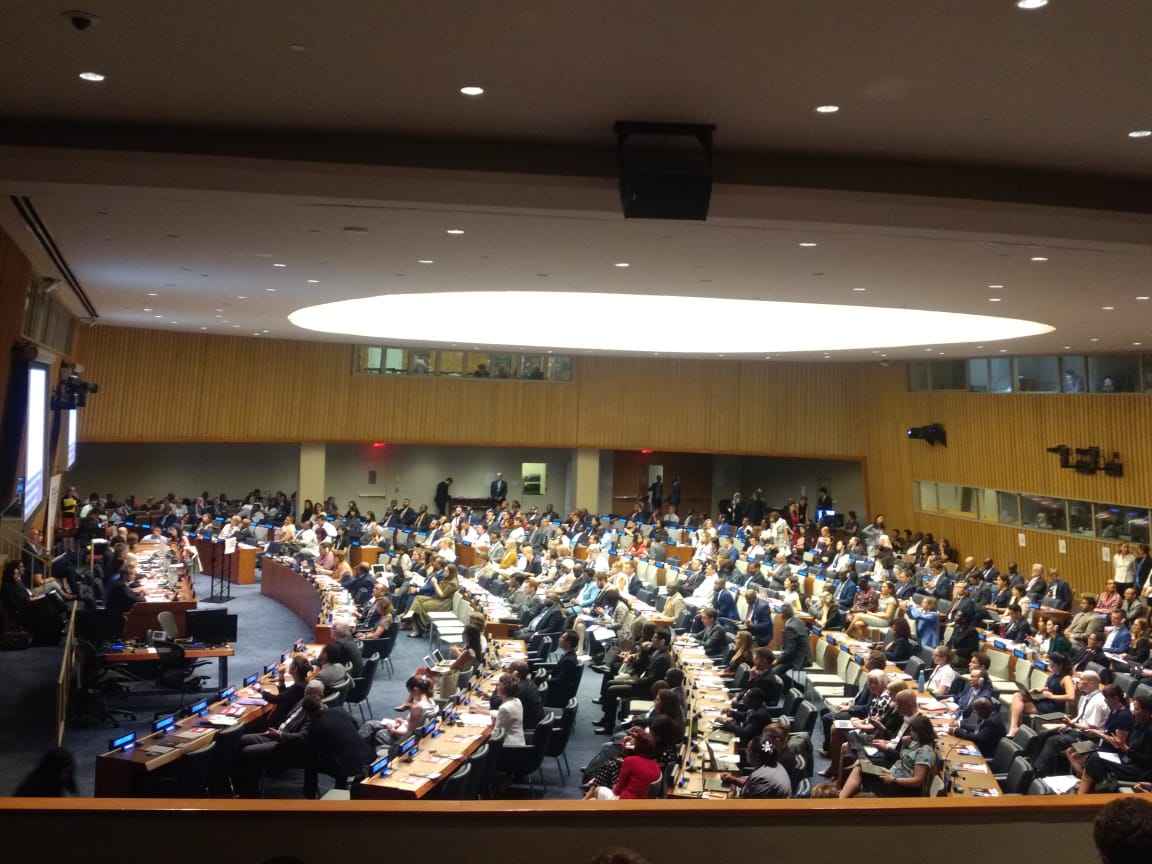
SDG 4 Review of Chile and Guatemala at the UN
July 17, 2019At the UN High-Level Political Forum, the platform to follow up SDGs across the world, Chile and Guatemala presented their voluntary national reviews about the implementation of this agenda. Four countries from Latin America and the Caribbean volunteered to participate in the 2019 review, reporting the actions taken for the achievement of the SDGs: Chile, Guatemala, Brazil and El Salvador. However, on the eve of the High-Level Political Forum, the last two countries announced that they would not participate in the review.
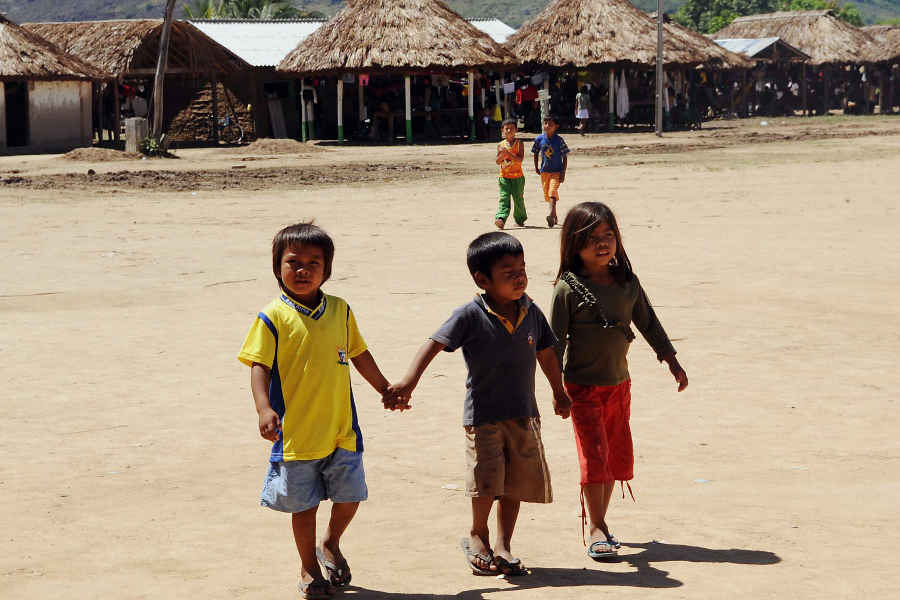
G20 and education: CLADE’s fight for adequate resources for this right
February 7, 2019Activists from Latin America and the Caribbean promoted actions of advocacy, mobilization and communication in the context of the G20, making the world’s largest economies recognize education as an essential human right to promote development with inclusion, prosperity and peace (more…)

CLADE held the second edition of the audiovisual festival “Lights, camera and education!” in San José, Costa Rica
December 18, 2018Within the debates of the festival, the role of art was highlighted, as well as the importance of setting up spaces for dialogue and awareness-raising to guarantee equality and the promotion of human rights for all people
(more…)

Central American Meeting on Gender Equality, Violence and Education – Final Declaration
July 4, 2018The “Central American Meeting on Gender Equality, Violence and Education: Transformation Strategies” was promoted by the Latin American Campaign for the Right to Education (CLADE) in partnership with UNICEF in El Salvador. This final declaration is the result of debates, reflections and recommendations made during this meeting.
Descargar
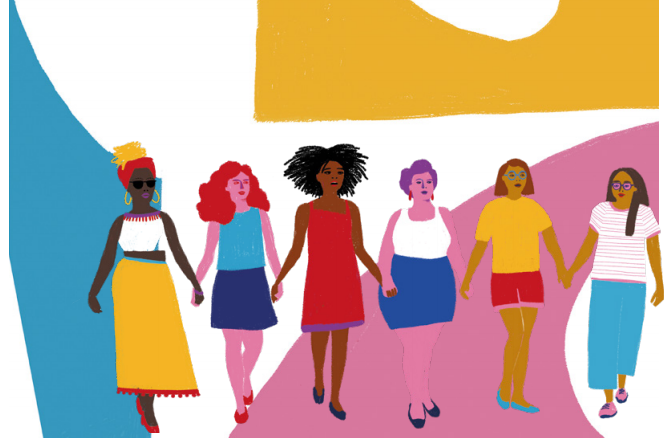
Central American and the Caribbean Meeting on Gender Equality, Violence and Education outlines recommendations and strategies towards social transformation
June 2, 2018Between May 28 and 30, 2018, the Latin American Campaign for the Right to Education (CLADE) held in San Salvador, El Salvador, the meeting “Central American and the Caribbean Meeting on Gender Equality, Violence and Education: Transformation Strategies”. With the support of UNICEF and the Salvadoran Network for the Right to Education (RESALDE) as local hostess, the event drew an overview for the Central American and the Caribbean region on gender-based violence and discrimination against girls, women and Lesbian, Gay, Bisexual, Trans and Intersex (LGBTI) persons in educational spaces as well as recommendations on this matter.
“We count on the strengthening of public and secular education systems to promote a social transformation. With an emancipatory education guaranteed, we are allowed to question the current social patterns of unequal distribution of power between men and women”, said Camilla Croso, general coordinator of CLADE.
The discussions of the meeting centered on the laws, practices and policies to prevent and overcome discrimination and gender violence in and from education. In the legal field, the most recent advances at the international level were highlighted – such as the general recommendations 35 and 36 of the Committee on the Elimination of Discrimination against Women (CEDAW) – as well as the ones in the Latin and Central American panorama.
People from 17 countries were present in the event, during which inspiring practices and experiences were shared by NGOs and regional networks. Nonetheless, field visits were made to schools in San Salvador, El Salvador, that are developing projects for the prevention of gender-based violence, in partnership with UNICEF and OXFAM.
The diversity and representativity of the seminar attendance allowed the construction of a broad panorama on this subject in Central America, finding common features to the other countries of the Latin American and the Caribbean region.
The Final Declaration of the event presents the main challenges for the confrontation of gender-based violence and discrimination at the regional level, highlighting legal human rights instruments that can be used in the fight and action against this problem. The document also points out recommendations to the decision-makers regarding, between other elements, the change of social and cultural patterns; the importance of securing an emancipatory education able to guarantee rights; legal, political and institutional frameworks; and the relevance of a just and sustainable financing to the realization of the right to education with gender equality.





